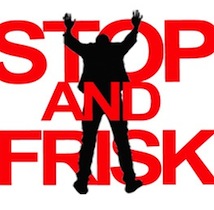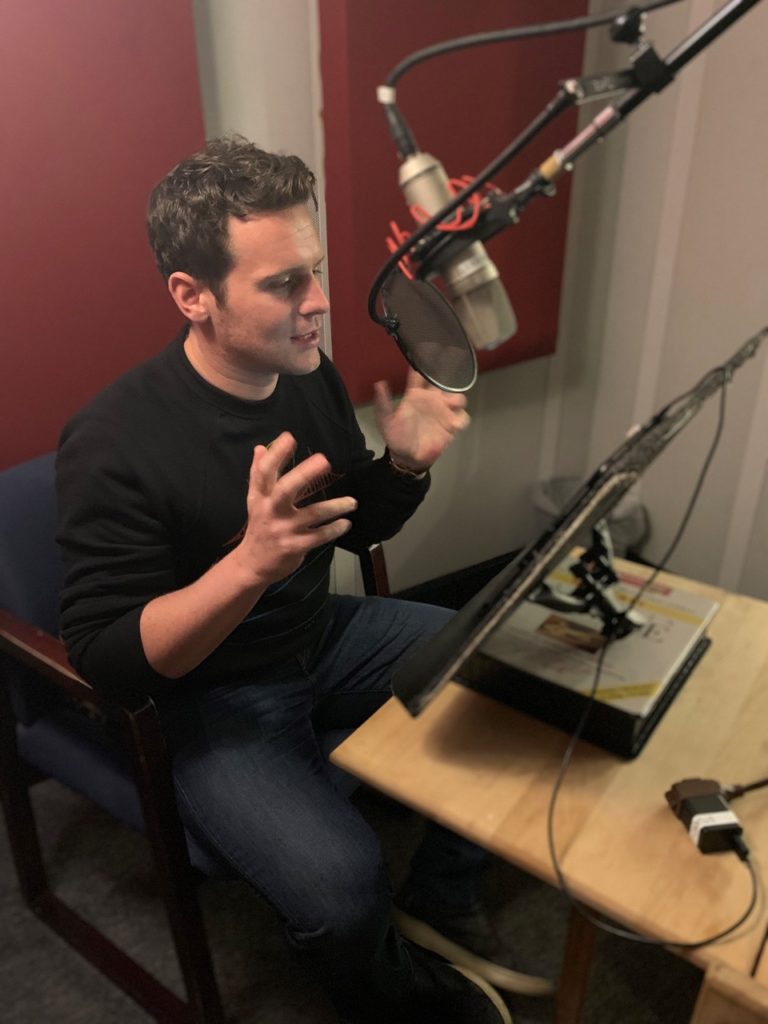Every decent and moral person is against racial discrimination. But is that what has been happening over the past several years in New York City? That’s what United States District Court Judge Shira Scheindlin decided in a recent, highly publicized case, calling the police practice of stop and frisk “indirect racial profiling.”
Mayor Michael Bloomberg and Police Commissioner Ray Kelly disagree, and they have a point.
What constitutes racial profiling? We would argue that racial, ethnic, sexual or any other type of single-descriptive profiling means making a decision, reacting, or taking action based solely on this one factor. In effect, that is the definition of racism, and we deplore it.
But in an op-ed piece in yesterday’s Washington Post, Mayor Bloomberg pointed out that the groups that will suffer most if this practice has to be discontinued are the ones at the center of the issue: African Americans and Hispanics. Whether it is politically correct or comfortable or not, Mr. Bloomberg states that 90 percent of those committing murder or other violent crime in New York City are African American or Hispanic. We might also add that this cohort is also overwhelmingly male, one more significant descriptor. Bloomberg also notes that 90 percent of those murdered in the city are African American or Hispanic. And it seems to His Honor and Commissioner Kelly that they are entitled to equal protection and equal justice.
But is the power to stop and frisk merely an excuse to harass minorities? In the pre-1970’s South, it certainly was, and they didn’t even need a name for it or an authorization to use it. But in today’s New York City? Any use for harassment is an abuse of power rather than a norm, and even the judge cited only a tiny handful of instances in which that had happened. If the practice is a valid part of policing, you shouldn’t throw out the baby with the bathwater. Moreover, there are safeguards in place and each incident must be accompanied by a written report that can be reviewed and contested.
Stopping and frisking is based on the idea of reasonable cause for a sworn officer to be suspicious. This can involve a description of an unknown suspect in a crime, or, more often, suspicious behavior. That is why the argument that the majority of stops and frisks don’t involve an arrest is not meaningful. If an officer’s actions prevent a crime from taking place – by a young man hanging around outside a jewelry or liquor store, for example – then it has been a proactive, preventative technique.
By the same logic, if the statistical reality in a given area is that young black or Hispanic men are the ones committing the crimes, it is a ridiculous waste of police time and taxpayer resources to be stopping middle aged black, white Hispanic or Asian women. This is related to very criticism we’ve had of Transportation Security Administration practices: If certain profiles of people are committing all the crimes, it makes no sense to treat all passengers “equally.” This is the same as traffic cops concentrating the most attention on teen drivers. Statistically, they create the most problems and accidents.The fact that most teens drive safely does not alter this fact.
A similar calculus holds for stops and frisks in low-crime neighborhoods or areas such as Staten Island. The police department should be directing most of its resources to areas where they can have the greatest effect in crime prevention and detection.
We can assure you that if a 40-year-old white man in an Armani suit behaved as if he was about to knock off a bank around Wall Street and a police officer observed him, he would definitely stop and frisk the guy. The fact that 40-year-old men in Armani suits don’t behave very often in such a way to arouse the suspicion of a cop is the explanation for why they are not stopped and frisked more frequently, not that the police aren’t prejudiced against whites.
Profiling does work. It is only abused or misused when it is based on a single factor. The one exception to this is suspicious behavior. When that factor is present, all of the others will simply fall into place and justify themselves.




























Coming from the same thinking that believes that strip searching grandma at the airport is fine, outstanding law enforcement.
I agee with what you say. I think it’s ridiculous to waste resources scrutinizing everyone when we know which groups are committing the crimes for the most part. It would be like if, instead of going to war in Iraq, we had to put troops everywhere in the world first in order not to appear to be targeting Iraq, on the off-chance it was actually New Zealand causing all the terrorism.
Thing is, I’ve been on the receiving end of this type thing as well. In the late 60s, early 70s in Oklahoma, hippies, no matter the sex, were harassed and followed, set up and busted. Once I was busted during the day working at a virtually empty bar just holding the fort down and cleaning up when an undercover guy left a joint on the bar and left. Next time me and my coworker at the record store went out to a local bar to see a band. The place was orderly, nothing unusual going on, boring, really. They brought buses and hauled everyone in. These things usually happened just before a local election. Charges always had to be dropped because there was never cause.
One time I was at my first house where I lived alone, a tiny shack next to 3 other shacks. Knock on the door, a plainclothes Sergeant. While I’m talking to him trying to figure out what he wanted, a uniform entered my kitchen and my “security system” (pots and pans balanced on the nonlocking window sills) fell in his helmeted head. I embarassed them on that one, and they went away. They basically said, Ooops, wrong house.
So I agree that I do not think defining your criminal and using your resources in the most efficient manner to get them is racial or unreasonable. But I do wonder how you work out the legal bugs so that when you do get someone, it sticks. Because I’m still loose.